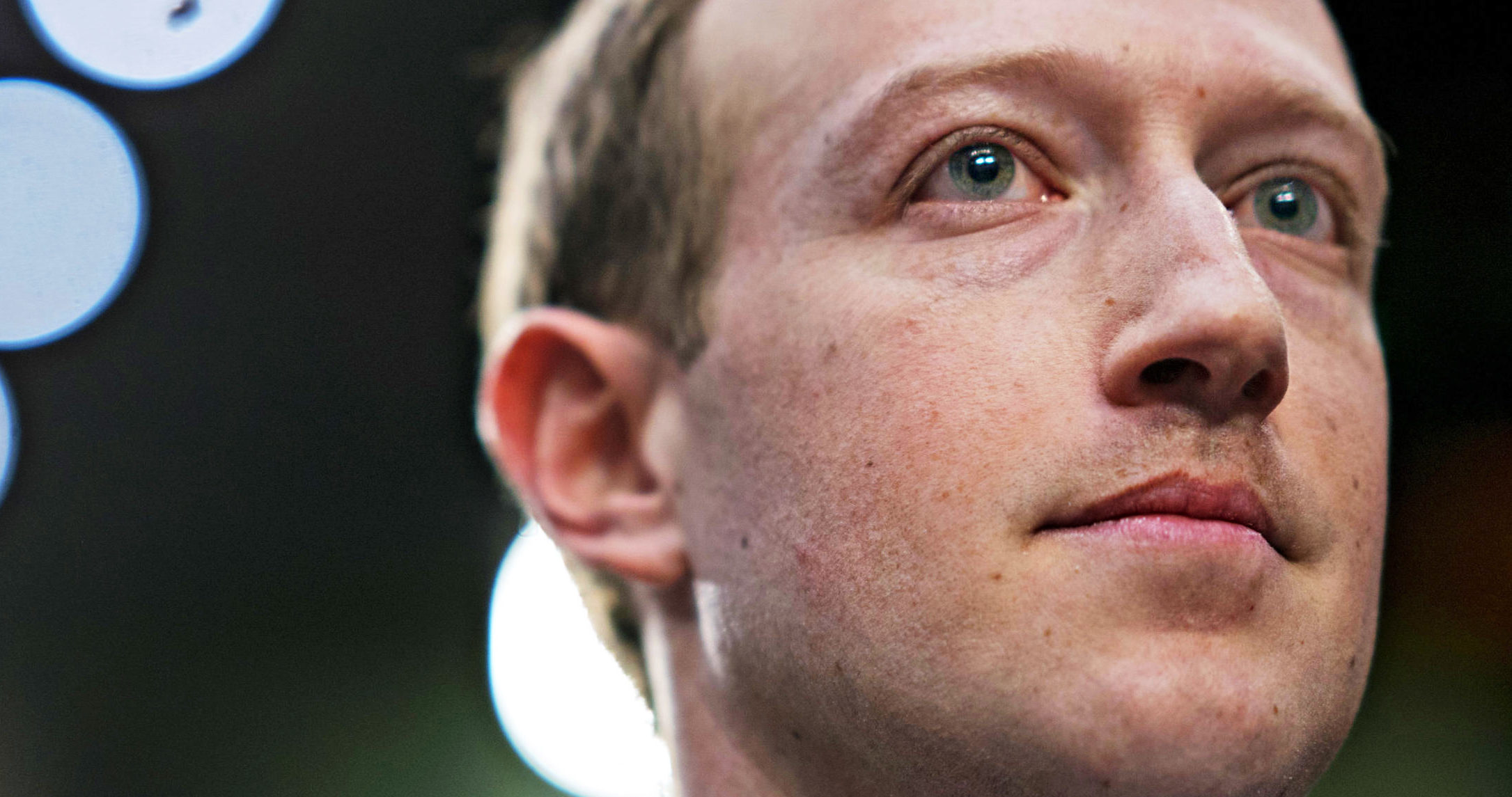“Transparency is an important part of everything we do at Facebook.” So begins the company’s first ever ‘Transparency Report’, covering Q1 2021, which details the most viewed posts, pages and shared links on the network.
Except when Facebook executives saw that the most shared link was a Chicago Tribune story about a doctor dying of a mysterious internal bleeding condition two weeks after his Pfizer Covid-19 vaccine, they panicked. It was a credible mainstream source, but the article asserted that it was “possibly the nation’s first death linked to the vaccine”. Clearly, the reason for its popularity was as useful evidence for the anti-vax movement. Would Facebook be accused of spreading “misinformation”?
They decided to bury the report, and to begin the era of transparency from Q2 2021 instead.
As luck would have it, the New York Times managed to get a leaked copy of the report and revealed last Friday how it had been “shelved” — which then bounced Facebook into releasing it the following day.
Although the sequence of events is obviously embarrassing for the social network — mainly because it shows the limits of their so-called transparency drive and the degree to which they are terrified of a particular type of media opinion — it might turn out to be a useful development.
Publishing the most shared articles on any website is an interesting exercise, because it shows you what people are really interested in. At the time of writing, for example, the most read story on the BBC News website has nothing to do with developments in Kabul that cover most of the front page — it’s a story about queues on Mount Snowden being annoying for holidaymakers. If anything, it underscores the powerlessness of media editors, let alone social networks, to tell people what to find interesting.
The response from Facebook’s Communications Director Andy Stone (a former Democratic Party operative) was surprisingly forthright. In a Twitter thread he asked: what should they have done differently in this case? The New York Times had also covered the story about the deceased doctor, he pointed out. “Would it have been right to remove the Times story because it was Covid misinfo? Of course not. No one is actually suggesting this and neither am I. But it does illustrate how difficult it is to define misinformation.”
He goes on to quote approvingly from an essay by Joe Bernstein in Harpers, which concluded that “the terms misinformation and disinformation are tossed around so casually as to be almost meaningless, beyond being simply jargon for ‘things I disagree with.’”
This is a welcome, more realistic, tone from the company and could indicate an important shift in strategy. Instead of simply accepting the premise and censoring more and more material that might be deemed offensive or dangerous by the New York Times, they need to push back. They should be forceful in rejecting the notion that their job is to control or editorialise beyond removing actively dangerous and illegal material.
Keep an eye out for the “transparency reports” for Q3 and Q4 — if there is nothing awkward or offensive in the ‘most shared’ lists we will know which route the world’s most powerful social network has taken.











Join the discussion
Join like minded readers that support our journalism by becoming a paid subscriber
To join the discussion in the comments, become a paid subscriber.
Join like minded readers that support our journalism, read unlimited articles and enjoy other subscriber-only benefits.
Subscribe